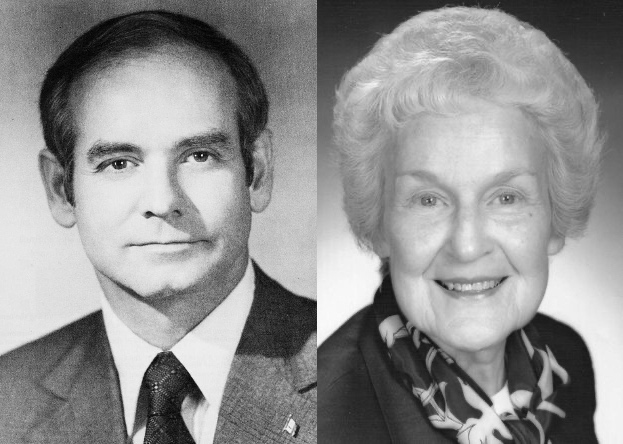Herb Strentz was dean of the Drake School of Journalism from 1975 to 1988 and professor there until retirement in 2004. He was executive secretary of the Iowa Freedom of Information Council from its founding in 1976 to 2000.
“You can’t handle the truth!”
Many Bleeding Heartland readers will recall those words of contempt that U.S. Marine Colonel Nathan R. Jessup—played by Jack Nicholson— shouted from the witness stand in the 1992 movie, A Few Good Men.
Col. Jessup was alluding to the death of a young Marine, a killing that “saved lives,” he claimed. Those outside the U.S. Marine Corps supposedly couldn’t handle his distorted view of “the truth.”
That contempt called to mind the political commercials that contaminate our television viewing these days. Judging by the smears and deception in so many ads, the phrase “Iowa nice” (like many of the targeted candidates or policies) would now be considered “too liberal for Iowa.”
The Republican damnation of “too liberal” would apply to many of Governor Bob Ray’s time-honored actions and public service policies, as well as other once prominent Iowa Republican leaders like Mary Louise Smith, the first woman to chair the Republican National Committee, Lieutenant Governor Art Neu, and many former legislators. All would be unwelcome in the Trump-dominated GOP of 2022. Their contributions to the nation and to Iowa cannot be denied, but are readily ignored.
To compound matters, our political turmoil is heightened by the fear that if candidates and voters cannot handle the truth, maybe they can’t handle the lies either.
The big lie that continues to threaten our nation’s democracy is the claim that Joe Biden stole the 2020 presidential election from Donald Trump, even though Biden won the electoral college by 306 to 232 and carried the popular vote by more than 7 million.
Indeed, ads on behalf of various Iowa Republican candidates fault Democratic opponents for supporting Biden, whose major flaw seems to be that he is not Trump.
U.S. Senator Charles Grassley and Governor Kim Reynolds refuse to renounce Trump’s lie and covet his endorsement of their re-election bids. Reynolds even wanted to join a lawsuit seeking to throw out millions of votes in four states that went for Biden.
At Trump’s behest, Grassley helped shape today’s U.S. Supreme Court, which is rolling back rights Americans have enjoyed for decades.
Contrast that with the Iowa Supreme Court’s proud history. The “too liberal for Iowa” refrain from today’s GOP attack ads would certainly apply to Iowa Supreme Court decisions in the 19th century that were ahead of their time on civil rights issues.
• The Supreme Court of the Territory of Iowa determined in 1839 (In Re the Matter of Ralph) that a Missouri slave owner could not capture and return a slave who had gone to Iowa to earn money to purchase his freedom. That was 26 years before the federal government adopted the emancipation doctrine of the 13th Amendment.
• In Clark v Board of School Directors, the Iowa Supreme Court decided in 1868 that racially segregated schools had no place in Iowa — 86 years before the U.S. Supreme Court said so in 1954 in Brown v. Board of Education.
• Thanks to the Iowa Supreme Court, Iowa became the first state to admit women to the practice of law, following an 1869 ruling in a case brought by Arabella Mansfield.
•In 1873, 91 years before the U.S. Supreme Court reached the same decision, the Iowa Supreme Court ruled in Coger v. The North Western Union Packet Co. that, when it came to public accommodations, Emma Coger, a Black woman traveling on a steamboat, was entitled to the same rights and privileges as white passengers.
All those decisions were more than 100 years old when the Iowa Supreme Court unanimously ruled in 2009 that a law banning same-sex marriages was unconstitutional.
That ground-breaking decision led to an Iowa-not-so-nice ouster of three Supreme Court justices in the 2010 retention elections.
Right-wing and religious fervor against gay marriages, which nonetheless remain legal today, overpowered the need for an independent judiciary.
Fervor and hostility remain the order of the day for Iowa election campaigns. Whether we can we handle the truth (or the lies) will be put to another test on November 8.
Editor’s note: Daniel G. Clark has written previously for Bleeding Heartland about Alexander Clark, who filed the lawsuit over access to public education in the 1860s on behalf of his daughter Susie.
Top images: Official photos of Governor Robert Ray and Mary Louise Smith from the 1970s.

